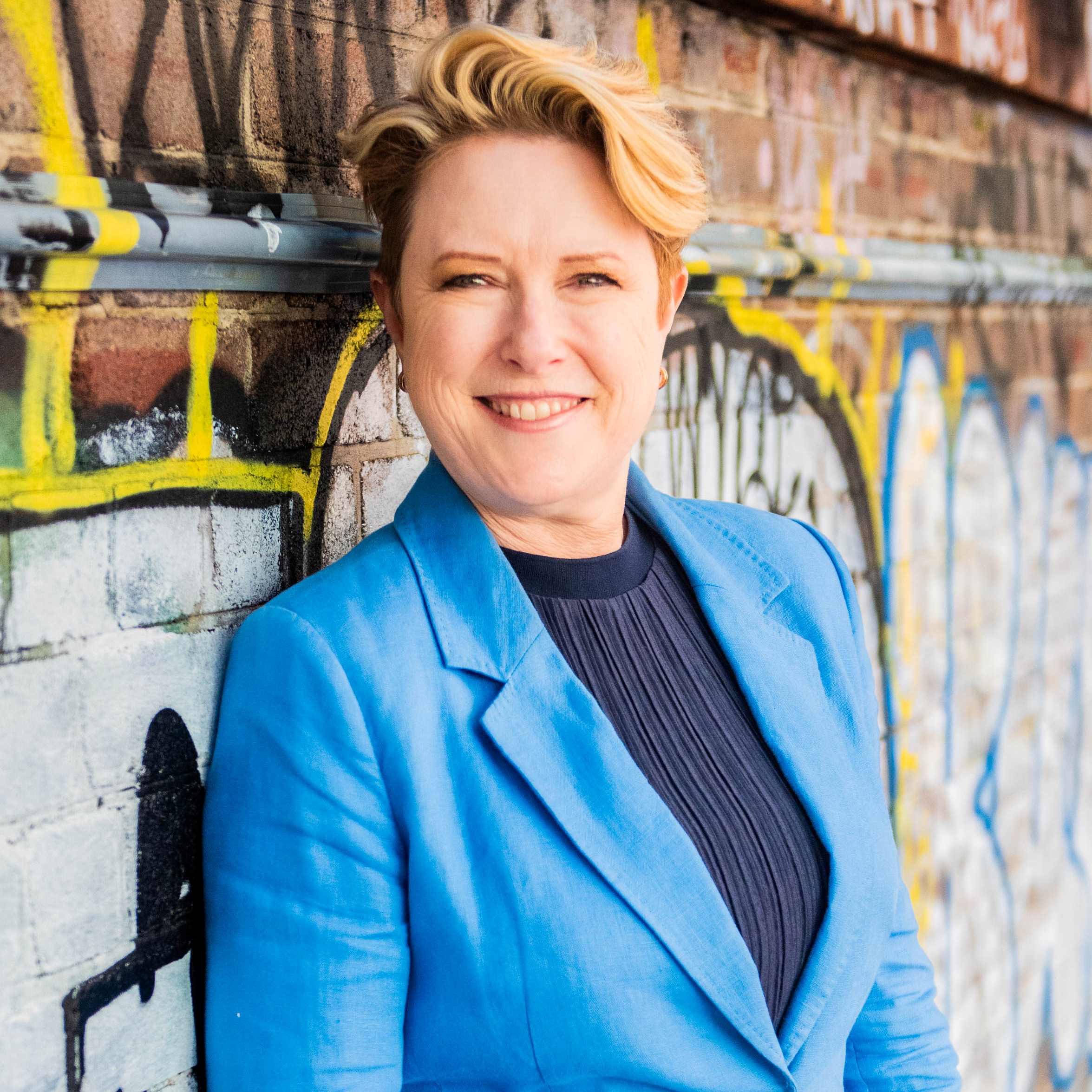Episode 2: 3 Big First Home Buyer Mistakes (and How to Avoid Them)
Buying your first home can be equal parts exciting and terrifying—especially when everyone has an opinion, and you're not sure who to trust. In Episode 2 of the Home Buyer Academy podcast, experienced buyer's agents Veronica Morgan and Meighan Wells dive into the three most common first home buyer mistakes they see time and time again. This episode is a must-listen for any buyer who wants to avoid the emotional and financial pitfalls that come from well-meaning (but misguided) advice.
Here's what you'll learn:
1. Taking Advice from the Wrong People
Your parents, friends, mortgage brokers, or even flashy online "experts" might have your best interests at heart—but that doesn't mean their advice is right for you.
Parents, for instance, often base their advice on outdated ideas of what makes a good investment. They may also try to steer you towards a location or type of property they're comfortable with, even if it doesn't suit your lifestyle or financial goals. And if they're helping you financially, that "help" might come with strings attached.
Friends can be equally risky sounding boards—especially if they've only bought one property themselves. It's easy to fall into the trap of wanting to do what your mates did. But one purchase doesn't make anyone an expert, and following the herd can lead you straight into a poor financial decision.
Even mortgage brokers—who are essential for your finance strategy—aren't property experts. Many mean well and want to help, but if they start recommending specific properties or providing price estimates based on automated valuation tools, it's time to tread carefully. Some are even incentivised by developers, receiving kickbacks of $20,000 or more for steering buyers towards certain properties. Yikes.
2. Chasing Government Grants Without Understanding the Risks
Government grants can seem like a golden ticket into the market. But these incentives often encourage buyers to purchase brand new or off-the-plan properties—which come with hidden traps.
The problem? These properties are rarely scarce (a key driver of capital growth), and the moment you settle, your "brand new" asset becomes second-hand—losing some of that shiny appeal to future buyers.
Veronica and Meighan compare it to buying a new car: once you drive it out of the dealership, its value drops. Many new homes and apartments are built in high-supply areas, where developers can keep releasing stock, depressing values for years. Add to that issues with quality, unexpected changes during construction, or delays of up to four years—and you've got a risky cocktail that could derail your financial future.
They also highlight how grants don't stack up when you consider potential resale value. That $10,000 to $30,000 in government support might be wiped out (or worse) when you go to sell and realise your property hasn't grown—or has even lost—value.
3. Buying Without a Long-Term Plan
Too many first home buyers rush into a purchase without thinking ahead. They buy the cheapest property they can afford—maybe a one-bedroom unit—just to "get on the ladder." But this short-term thinking can end up costing far more than it saves.
Veronica shares her own story of buying a tiny apartment she quickly outgrew. Despite it being positively geared, she had to sell sooner than expected due to bank lending policy changes. Between stamp duty and selling costs, it turned out to be a much more expensive move than if she'd simply stretched a little further at the outset and bought a better-quality home.
Meighan and Veronica urge buyers to think not just about the next year, but the next five to ten. Who is your future buyer? Will this property serve you if your life circumstances change? Could you hold onto it and turn it into an investment later?
They also warn against trying to buy a cheap first property now, with plans to build a portfolio quickly. Without the right foundations, this strategy often leads to a string of average properties—and underwhelming results. Better to buy one great asset and build from there.
The wrong advice, the lure of free money, and short-sighted decisions are the three biggest mistakes first home buyers make. But with the right guidance (and a little experience from two buyer's agents who've seen it all), you can buy with confidence—and avoid learning these lessons the hard way.




